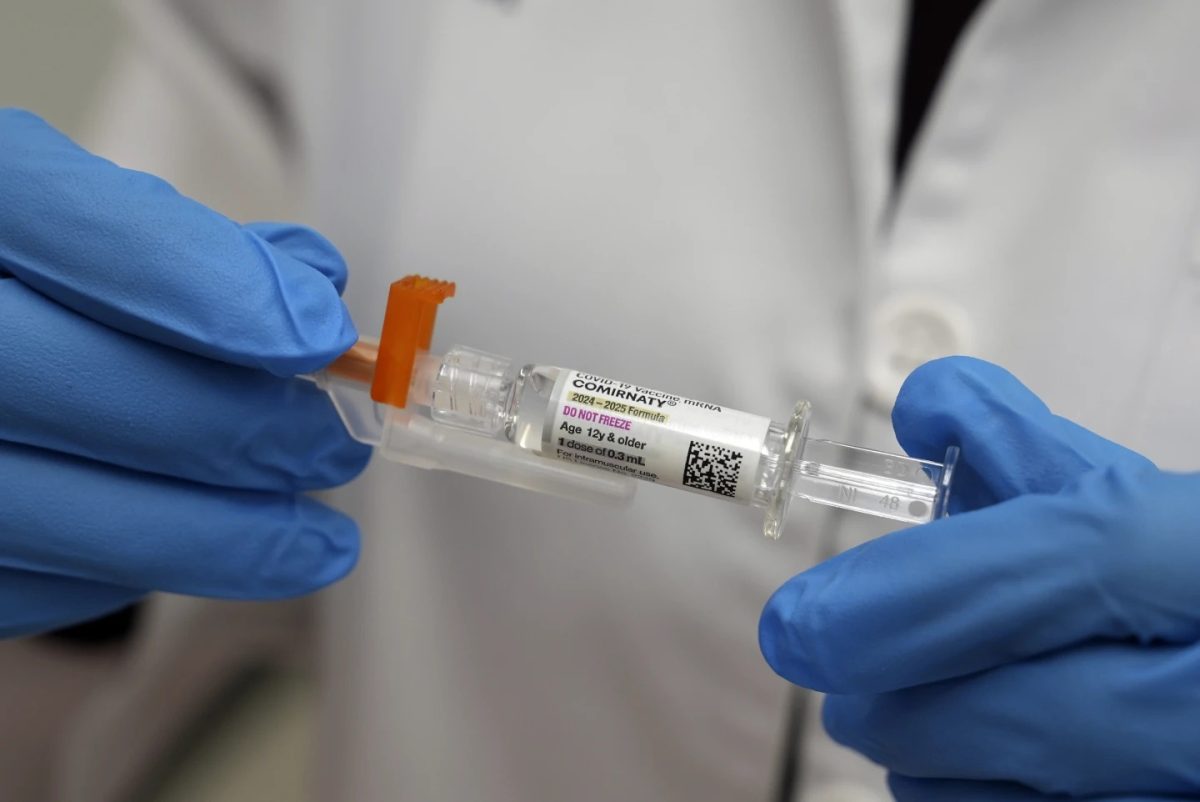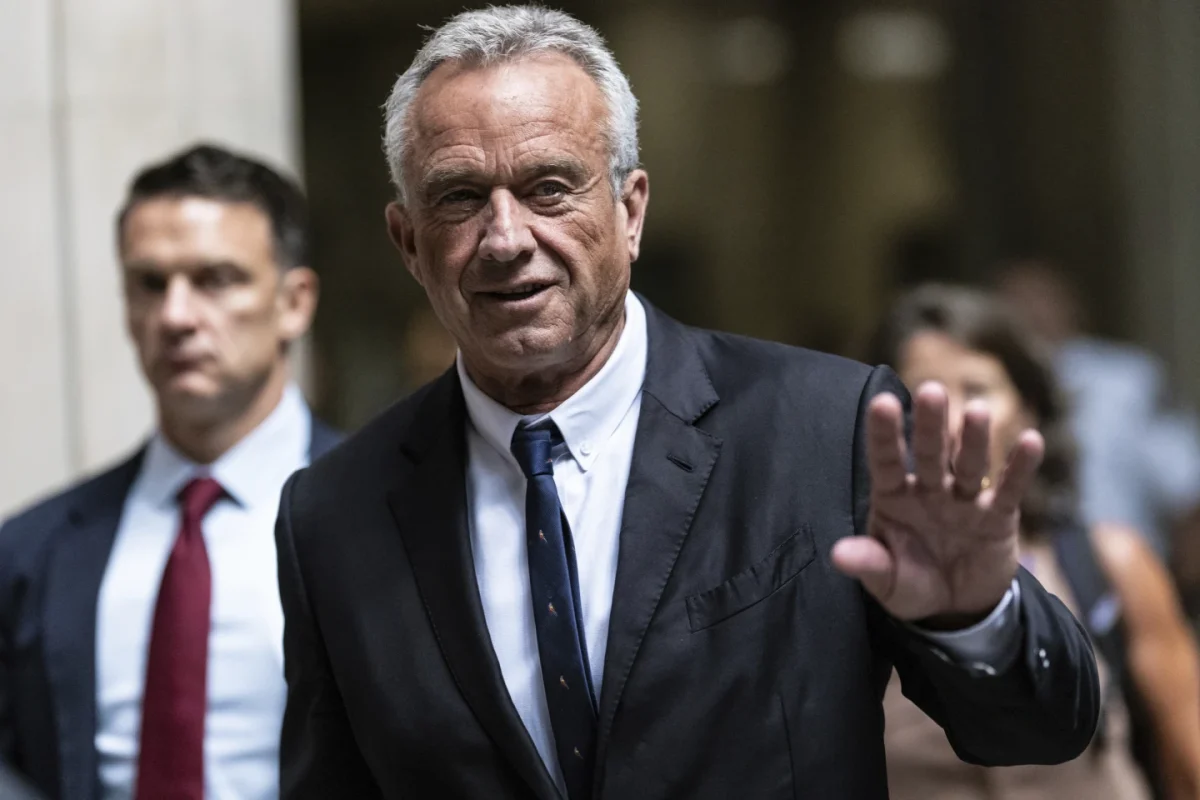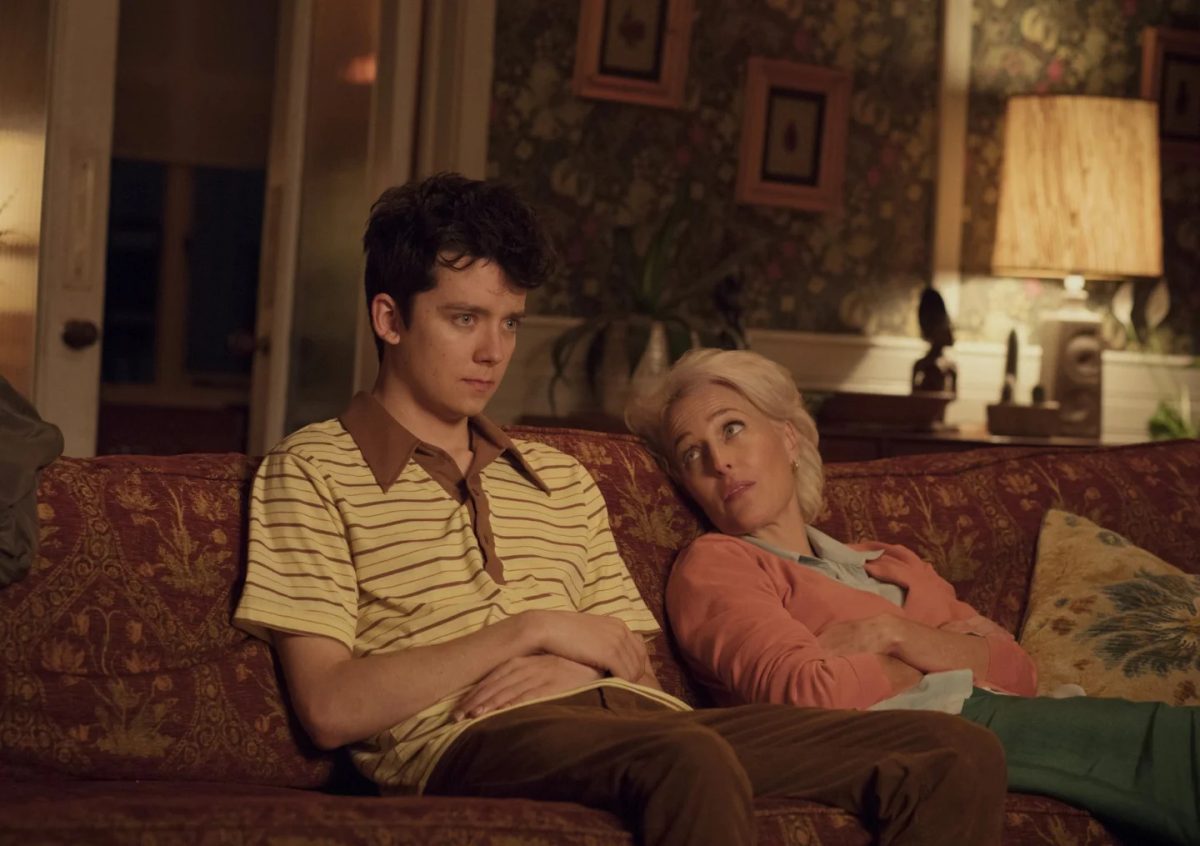Medical physician and health secretary Dr. Ralph Abraham from the Louisiana Department of Health announced on Feb. 13 that the department would no longer promote mass vaccinations.
This may be a result of RFK Jr. being elected as the U.S. Health Secretary since he is a dissenter of vaccinations.
Nevertheless, the news of this decision disturbed me because it confirmed a thought I have long held—the practice of hyper-individualism is killing us, literally.
This decision is deeply linked to hyper-individualism because it prioritizes personal choice over collective well-being, minimizing the significance of community and shared responsibility in favor of self-interest.
The ideology of “every man for himself” underpins decisions like the one made by the head of the Louisiana Department of Health. There was a time when communities looked out for one another, fostering solidarity and mutual care. During these times, there was a palpable sense of collective strength and power to and amongst the people.
In contrast, modern society operates in the complete opposite manner. Rather than making choices with others in mind, many people act solely based on personal preferences, often disregarding how their decisions might impact those around them.
Vaccinations, in particular, have long been a contentious issue in the United States. However, the discourse surrounding the topic has grown even more polarized since President Donald Trump’s entrance into the White House.
Vaccines are designed to prevent and mitigate the spread of diseases. From an individual perspective, getting vaccinated is a wise choice for self-protection. From a broader standpoint, it also serves as an act of empathy and social responsibility.
Dr. Paul Offit, director of the Vaccine Education Center, posed a compelling question.
“If there was an outbreak of measles, for example, and it started to sweep through the state … would you then say, ‘No, you can do what you want. If you want to get a vaccine, fine. If you don’t, that’s fine,’ knowing that there are people in the state of Louisiana who can’t be vaccinated, knowing that they depend on those around them to protect them?”
His point is irrefutable. Community immunity, often referred to as herd immunity, relies on widespread participation in vaccination efforts. Without it, the most vulnerable members of our population, including immunocompromised individuals and young children, are left exposed to preventable illnesses.
This erosion of collective responsibility signals a broader decline in our nation’s values. Hyper-individualism acts as a plague, absolving people of accountability and diminishing our sense of duty toward one another.
Adding to this crisis is the misinformation spread by public figures, including Trump himself. This includes his consistent downplaying of the COVID-19 pandemic and his public ridicule of mask-wearing, which has contributed to the erosion of trust in vaccines.
For instance, in 2012, Trump tweeted that “Massive combined inoculations to small children is the cause for a big increase in autism.”
Statements like these, despite being scientifically unfounded, fuel skepticism and deter individuals from getting vaccinated. When public figures with significant influence spread misinformation, the consequences are far-reaching, perpetuating a cycle of distrust and endangering public health.
Ultimately, this shift away from collective care in favor of individual autonomy does not serve the greater good. If we continue down this path, we will find ourselves in an increasingly fractured society—one where preventable diseases resurge, where misinformation prevails and where the most vulnerable suffer due to the choices of others.
Hyper-individualism may masquerade as freedom, but in reality, it is a dangerous ideology, one that leaves us all more vulnerable in the end.
Amyri Jones is a 23-year-old digital advertising and religious studies senior from Baton Rouge, La.
Opinion: Louisiana halts promoting vital vaccines — hyper-individualism is putting everyone at risk
By Amyri Jones, Opinion Columnist
February 22, 2025
A pharmacist holds a COVID-19 vaccine at a pharmacy in New York, Tuesday, Sept. 24, 2024.







